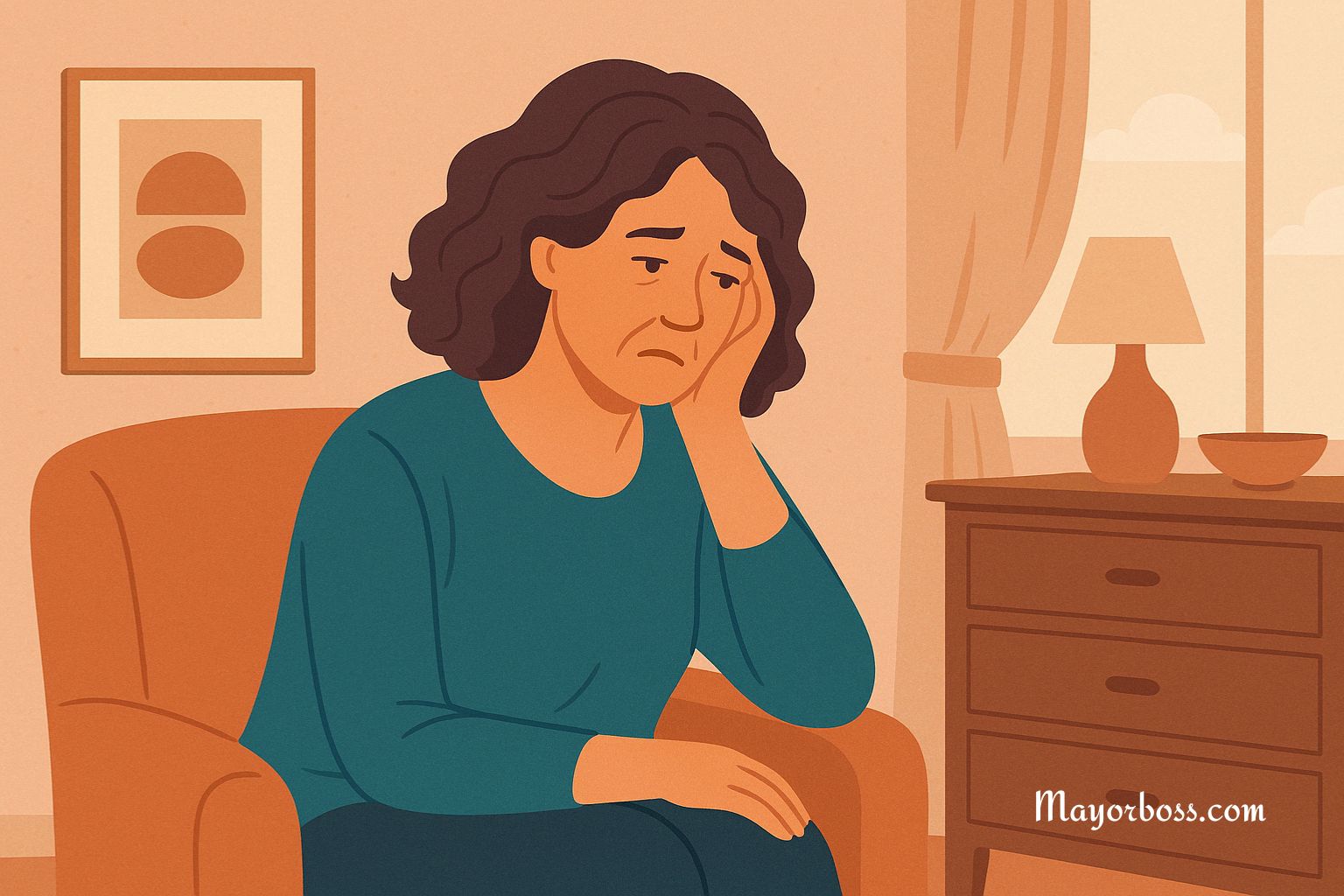Signs You Need Emotional Rest (And How to Get It)
Feeling mentally tired even after a full night’s sleep? Snapping at loved ones for no reason? Struggling to feel joy in things you used to enjoy? These could be signs that you need emotional rest.
Just like your body needs rest after physical activity, your heart and mind need rest after carrying emotional weight. Emotional rest helps you reset, feel more like yourself, and better handle life’s ups and downs.
Let’s look at the warning signs—and how to give your emotions the care they need.

What Is Emotional Rest?
Emotional rest means giving yourself permission to stop pretending to be okay. It’s when you feel free to be honest about your feelings—without guilt, pressure, or fear of judgment.
Instead of hiding your true emotions behind a smile or keeping it all together for others, you allow yourself to simply be real. That can feel like a deep exhale for your soul.
Common Signs You Need Emotional Rest
1. You Feel Emotionally Numb
You’re not sad—but you’re not happy either. You’re just… flat. It’s like your emotions are muted. This often happens after long periods of emotional strain, such as caregiving, grief, or emotional burnout.
2. You’re Easily Irritated
Small things get under your skin. You lose your patience quickly, even with people you care about. This irritability isn’t because you’re rude—it’s because your emotional tank is empty.
3. You Struggle to Say “I’m Not Okay”
You often hide your emotions behind phrases like “I’m fine” or “Just tired.” You carry others’ burdens but rarely share your own. Over time, this builds emotional fatigue.
4. You Feel Guilty for Taking Time for Yourself
Even when you know you need a break, you feel guilty for resting. You may believe others’ needs come first or that you’ll let people down if you don’t keep going.
5. You Experience Emotional Overwhelm
You cry easily or feel deeply anxious for no clear reason. Your emotions may feel like a wave crashing over you, and it’s hard to stay afloat.
6. You Avoid Deeper Conversations
You stick to surface-level topics because anything deeper feels too draining. You may pull away from others, not because you don’t care—but because you don’t have the energy to talk about what’s really going on.
7. You’re Constantly “On” for Others
At work, at home, with friends—you’re always the strong one, the helper, the peacemaker. But deep down, you’re exhausted from keeping up the act.
What Causes Emotional Exhaustion?
- Constant caregiving (whether for children, aging parents, or others)
- Suppressing emotions or not feeling safe expressing them
- Emotional trauma or grief
- Burnout from work or relationships
- High expectations from yourself or others
When you don’t release your emotions in a healthy way, they build up like steam in a pressure cooker. Eventually, something gives.
How to Get the Emotional Rest You Need
1. Be Honest With Yourself
Start by acknowledging your true feelings. Ask yourself, “How am I really doing?” Write it down if needed. Let the truth come out without judgment.
2. Speak Your Truth Safely
Talk to someone you trust. It could be a friend, counselor, or spiritual leader. You don’t need to solve everything—just being heard can help ease the weight.
3. Say “No” Without Apologizing
Protect your emotional energy. If something doesn’t feel right, give yourself permission to say no. You’re not responsible for everyone’s happiness.
4. Do Something That Brings You Peace
This might be walking alone in nature, reading, journaling, praying, or just sitting quietly with no distractions. The key is to choose something that helps you feel like yourself again.
5. Limit Emotional Drainers
Reduce time with people or situations that constantly take from you emotionally. Set healthy boundaries. Your peace matters.
6. Let Go of the Need to Be “Strong” All the Time
Being strong doesn’t mean you don’t have emotions. Real strength is being able to say, “I need rest. I need support.”
7. Get Professional Help if Needed
If emotional exhaustion becomes overwhelming, don’t hesitate to reach out to a therapist.
Final Thoughts
Emotional rest is not a luxury. It’s a necessity. When you give yourself space to feel, to pause, and to breathe—you allow healing to begin. You’ll find your mind clears, your heart softens, and your energy slowly returns.
Take this as a reminder: You don’t have to carry everything alone. You deserve rest, too.
